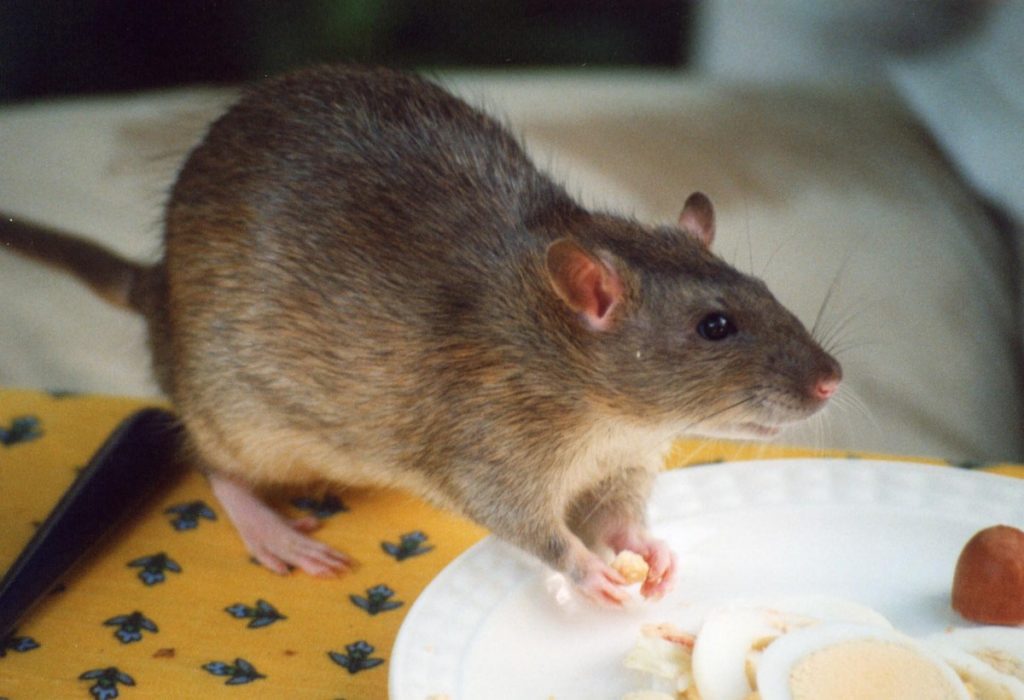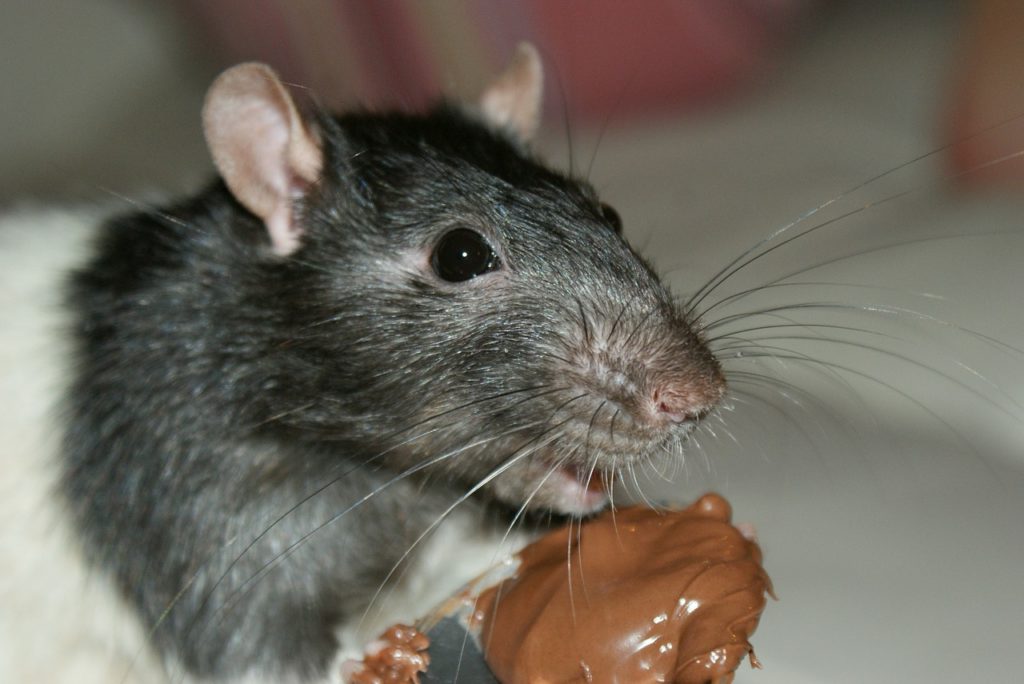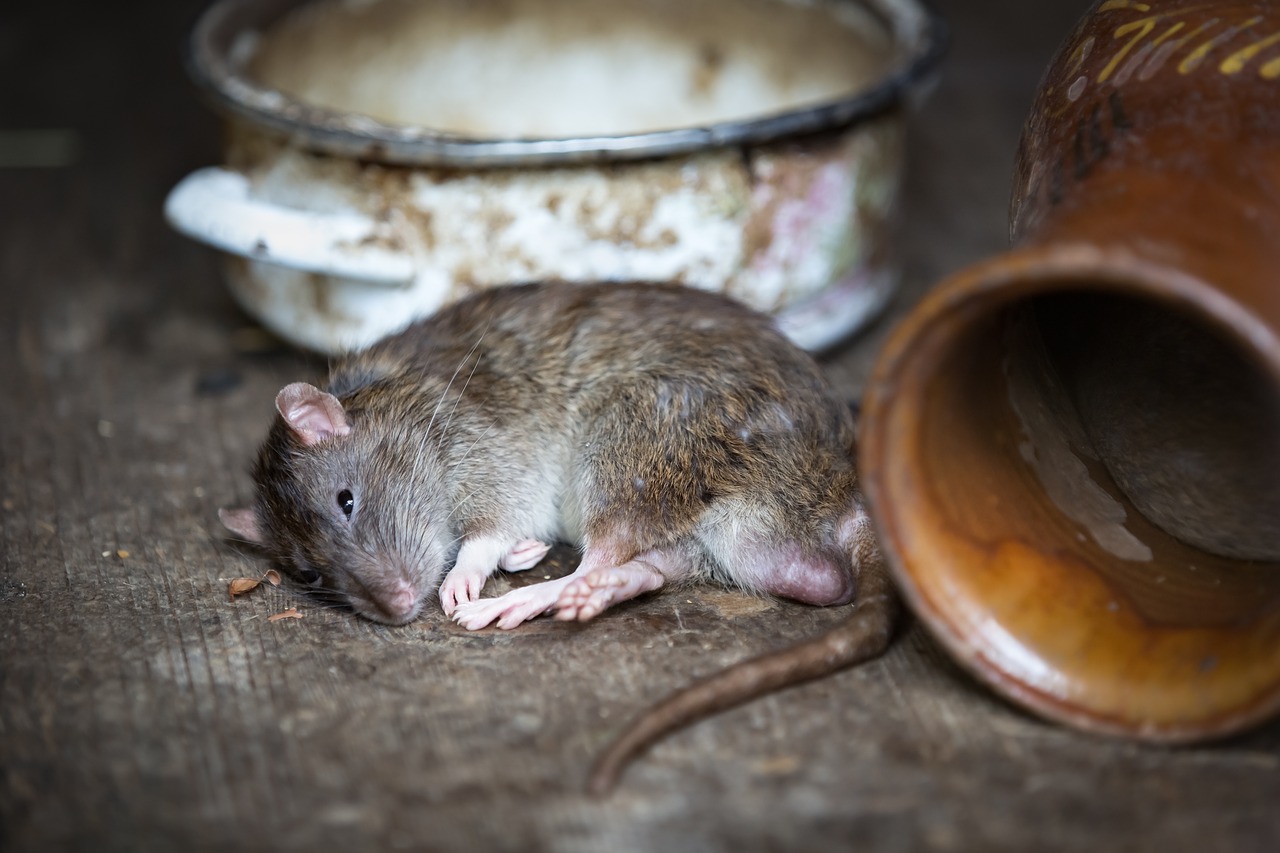You don’t need to be a pest control professional to know that rats are nocturnal animals. You notice it yourself — rats are more active at night and you often see them at night, sneaking around your home. But when do rats sleep? It’s easy to assume that they sleep during the day, but it’s not that simple. You can see that rats are often active during the day. And seeing rats during the day is not good…
Rats are naturally nocturnal but when do rats sleep?
- Rats are more active at night. Yes, rats are naturally nocturnal, meaning they are naturally more active at night. They have developed this nature to avoid predators, such as birds of prey, cats, snakes, and weasels. They blend with the darkness and hide to avoid being eaten. You can see this nature in most rats, whether they are Norway rats, roof rats, or even pet rats.
- They do most of their activities in the dark. As nocturnal animals, they do most of their activities at nighttime. They look for food in the dark. They like to look at places where there is nobody around, such as your attic, basement, and your empty kitchen when you are already asleep. It’s also during this time when rats look for materials for their nest. This is why you often see chewed cardboard, insolation, and softwood around your property if you have a rat infestation. Rats, particularly younger ones, are also playful. They chase and play-fight each other as a form of exercise. If you have rats in the attic, for instance, you may hear them running and playing from below.
- They leave behind traces of their activities. Like any animal that eats and drinks, they defecate and urinate. This should concern you because contact with rat poop and urine is one of the most common ways to contract diseases from these rodents. You can get Hantavirus pulmonary syndrome, leptospirosis, salmonellosis, and many other diseases. It doesn’t help that rats are known to scatter their poop and urine to mark their territory. The poop and urine will also stink up the area, especially if it is a closed space, like a cabinet.

Active rats in the daytime are not a good sign
- Seeing active rats in the daytime may mean a serious infestation. Rats do sleep during the daytime. Simple logic suggests that you shouldn’t be seeing rats during this time of the day. If you do, you may have a severe rat infestation at home. Even though rats are nocturnal, they can make adjustments according to their needs. If rats are active in your place even when the sun is out, they may be desperate for resources because the available ones are not enough to sustain their big population. They may also be acclimatized to your home. They don’t fear you anymore because they don’t see you as a threat, so there is no need to sneak around in the dark anymore.
- Rats may have become too comfortable in your home. Rats are very careful in their surroundings. This is one of the reasons why they are so hard to trap. They don’t trust new objects in their surroundings, so they avoid rat traps. Rats that are too active during the daytime are a sign that they are already comfortable in their surroundings. They don’t feel that there are predators around that will force them to only be active at night. They don’t even feel you as a predator.
- Less dominant rats are more active during the daytime. Seeing rats in the daytime doesn’t automatically mean that the rat infestation is severe or the rats have become too comfortable. You may be seeing the rats who can’t compete with the others. Rats do sleep in the daytime, and the less dominant rats in the nest use this opportunity to look for food without the dominant rats as competition.
How to stop rats from thriving
- Store food in hard-to-chew containers. Rats thrive in your home because of two reasons — food and shelter. These are the two primary things you want to limit if you want to stop rats from thriving on your property. Make food inaccessible. Put everything in cabinets, containers, and refrigerators where rats won’t be able to reach them easily. Cabinets and refrigerators are fortresses, so there isn’t much to think about there. But containers are a different story. Rats can chew through containers made of paper and plastic. Use containers made of metal or some other formidable material.
- “Disturb” the dark and inaccessible spots of your home. Rats like to stay in the most inaccessible parts of your home. This is because you don’t go to these places often, so these rodents feel safer there. Attics and basements are hotspots. You should go to these places frequently, so the pests don’t feel too comfortable. You should also throw away possible rat nest material, like cardboard. Stop rats from thriving by depriving them of their shelter needs.
- Close all potential passageways. Keep your doors and windows closed, especially during the nighttime. This is one of the easiest ways to prevent rats from coming inside and outside of your home as they please. But remember that rats are small creatures, and they can use passageways that are not necessarily doors and windows, such as broken pipes, cracks and holes in your walls, and small openings in your roof. Fix these damages before they become passageways for pests.

As nocturnal animals, rats do sleep in the daytime…
As nocturnal animals, rats do sleep in the daytime and do most of their activities in the nighttime. Seeing rats during the daytime is not a good sign. It may mean that rats have overtaken your home and they are no longer afraid of any predators, including you.
You can get rid of rat infestations yourself. You can use rat traps and rodenticides. Rat traps are effective, but make sure to use the right baits and handle the traps with gloves to avoid leaving your human scent on them. Rodenticides are even more effective, but they put you at risk of poisoning.
The best way to get rid of rat infestations is to call pest control professionals. They know more about rat traps and rodenticides than you do.

